Land has long been considered the “lifeblood” of manufacturing enterprises, especially small-scale private enterprises. However, in reality, access to clean land and reasonable rental prices is still a major barrier to the development of this group of enterprises.
In that context, Resolution No. 68-NQ/TW, dated May 4, 2025 of the Politburo on private economic development (Resolution 68) is expected to open up a new direction, effectively removing land bottlenecks - a core factor helping small businesses expand production and business.
In Chinh Nghia commune (Kim Dong), Quang Loc Nutrition Joint Stock Company is using 1.8 hectares of land to produce animal feed with an annual output of more than 50 thousand tons. Due to the increasingly large scale of production, the need for space to preserve raw materials and finished products is urgent.
Mr. Le Quy Oanh, Deputy Director of Quang Loc Nutrition Joint Stock Company, said: In 2022, the company requested competent authorities to expand about 2 hectares of land for production, but due to the long time to complete administrative procedures and many processes, the production expansion has not been implemented yet. If the land "bottleneck" is removed, we will have the conditions to expand investment and increase competitiveness.
Along with that, many production facilities also face difficulties due to lack of suitable premises. Mr. Phung Xuan Cat, a household producing recycled plastic in Minh Khai village, Nhu Quynh town (Van Lam district) has nearly 20 years of experience in the profession. His facility produces about 50 - 60 tons of recycled plastic products each month. However, all production activities are currently still carried out in residential areas, with limited space, lack of safety and environmental hygiene.
Mr. Cat shared: Because it is a small production facility, my family's space requirement is only about 500 - 600 square meters. On the other hand, mobilizing capital for small-scale facilities like ours is difficult, not all facilities have enough money to rent large spaces and invest in a proper factory. We really hope to be supported with suitable space and reasonable costs for sustainable production.
Not only Mr. Cat’s household, in fact, in Minh Khai village there are currently more than 100 households producing recycled plastic in residential areas. The production conditions are cramped, the risk of pollution and fire and explosion is always present.
Mr. Phung Van Vinh, Party Cell Secretary and Head of Minh Khai Village, said: People working in this profession really need support in terms of separate production areas to avoid affecting the living environment. We hope that all levels and sectors will pay attention to arranging suitable land funds, creating conditions for people to move to concentrated production areas.
With a focus on removing barriers for private enterprises, Resolution 68 states: By 2025, it is necessary to complete the review and elimination of unnecessary, overlapping, and inappropriate business conditions; reduce at least 30% of administrative procedure processing time, 30% of legal compliance costs, and 30% of current business conditions. At the same time, it is also necessary to continue to drastically cut cumbersome procedures in the following years. This is considered a positive signal for small businesses, especially in terms of land access.
According to the development plan until 2030, the province will have 50 industrial clusters (ICs). Up to now, the Provincial People's Committee has decided to establish 24 ICs with a total area of over 1,148 hectares. Of which, 16 ICs are carrying out site clearance, 11 ICs are implementing technical infrastructure construction and 5 ICs have received secondary investment projects. This will be an important source of land supply for production development, helping small businesses overcome difficulties in land. Typically, the Pham Ngu Lao - Nghia Dan IC with a scale of 75 hectares has completed infrastructure construction, creating a clean land fund to attract investors.
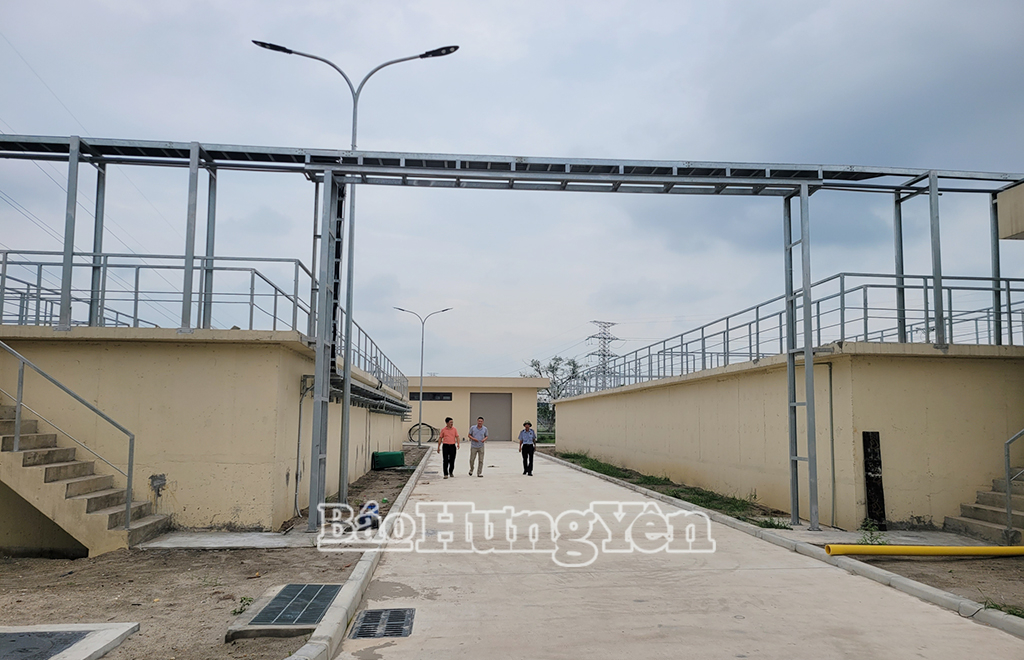
Mr. Nguyen Ngoc Thanh, Deputy Director of the Construction and Project Management Board, Ho Chi Minh Museum Construction Joint Stock Company - the investor of the industrial park infrastructure, said: Currently, the industrial park infrastructure has been basically completed. The industrial park has attracted more than 40 small and medium-sized investors. At the same time, we support administrative procedures such as investment registration and business registration for secondary investors. Another bright spot is the Minh Khai industrial park (Van Lam) with a scale of more than 35 hectares, which is also attracting many investors, most of whom are local production facilities. The occupancy rate at this industrial park has reached 30%. The formation of this industrial park not only helps solve the need for production space, but also contributes to minimizing production in residential areas, reducing the risk of environmental pollution and fire and explosion.
The planning and investment in developing industrial park infrastructure, along with the strong policy of Resolution 68, is creating a fundamental shift in land policy for small businesses. This is an opportunity for thousands of businesses and production facilities inside and outside the province to have legal access to land, serving the expansion of production and business in a sustainable manner. Resolution 68 is not only an expectation but is gradually becoming a reality if implemented synchronously and drastically. With the determination of authorities at all levels and the participation of infrastructure investors, small businesses will gradually remove land bottlenecks, creating conditions for investment, development, and expansion of production and business.
Source: https://baohungyen.vn/thao-go-diem-nghen-ve-dat-dai-cho-doanh-nghiep-nho-3181431.html





![[Photo] Vietnamese and Hungarian leaders attend the opening of the exhibition by photographer Bozoky Dezso](https://vphoto.vietnam.vn/thumb/1200x675/vietnam/resource/IMAGE/2025/5/29/94d8ceca5db14af3bf31285551ae4bb3)
![[Photo] Prime Minister Pham Minh Chinh meets with Hungarian President Sulyok Tamas](https://vphoto.vietnam.vn/thumb/1200x675/vietnam/resource/IMAGE/2025/5/29/dbcaa73e92ea4448a03fe1d0de6d68e8)

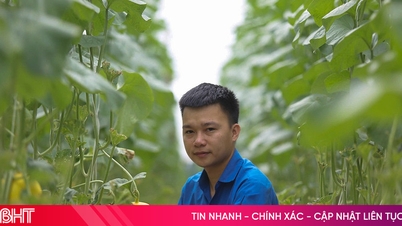

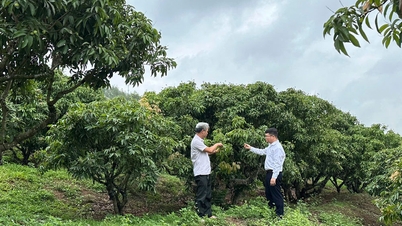

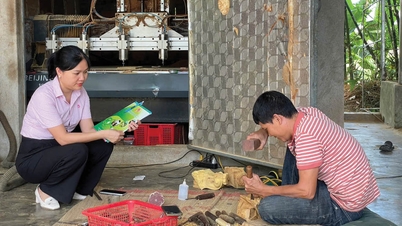



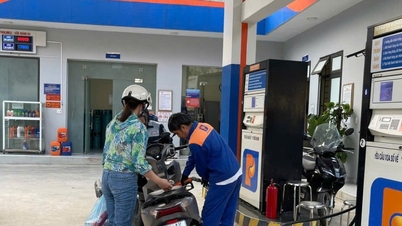

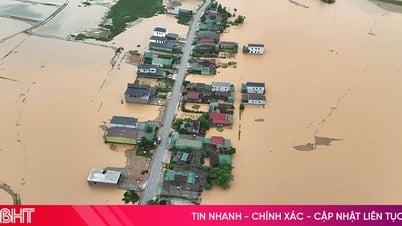





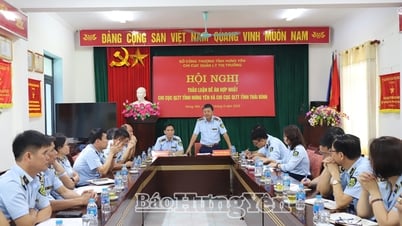
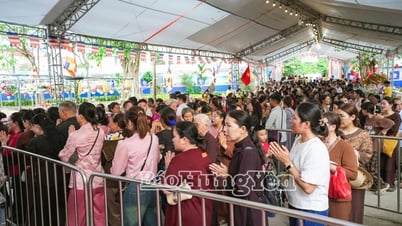
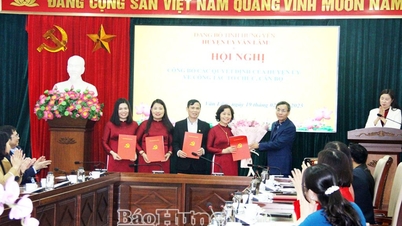
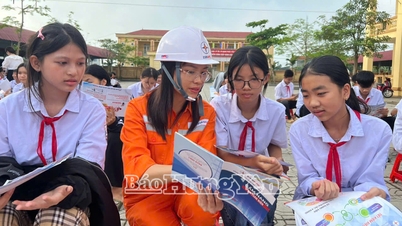

![[Photo] Prime Minister Pham Minh Chinh receives a bipartisan delegation of US House of Representatives](https://vphoto.vietnam.vn/thumb/1200x675/vietnam/resource/IMAGE/2025/5/28/468e61546b664d3f98dc75f6a3c2c880)



















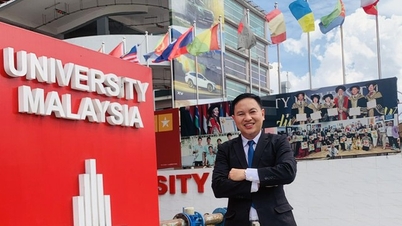








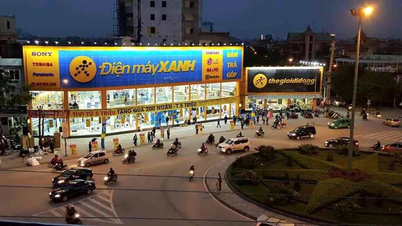
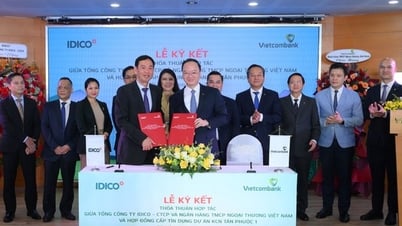





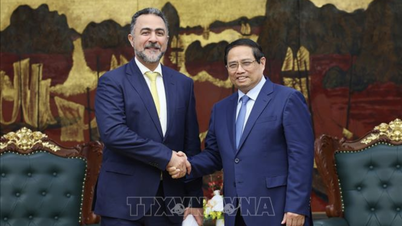


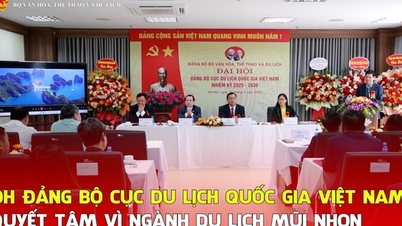
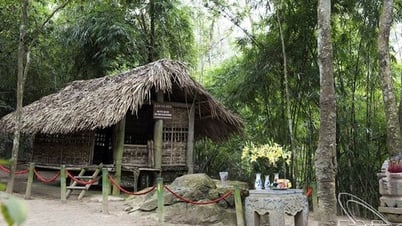
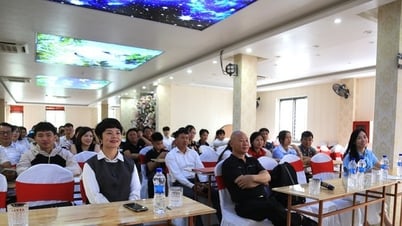
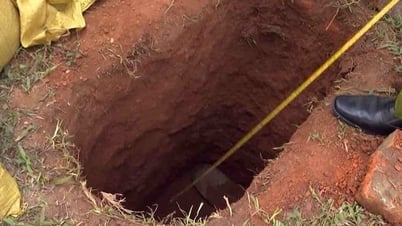
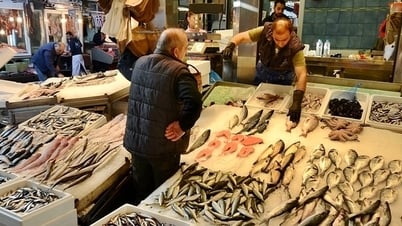



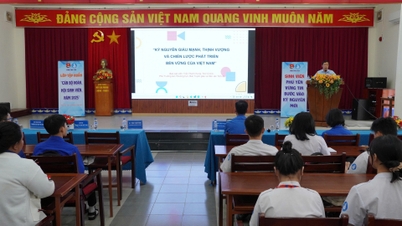

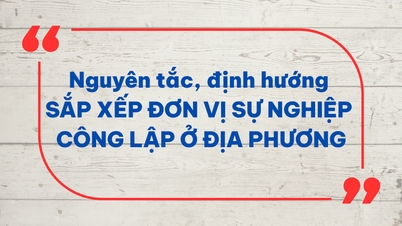
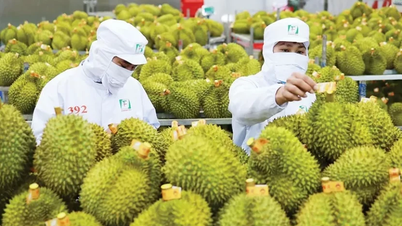










Comment (0)